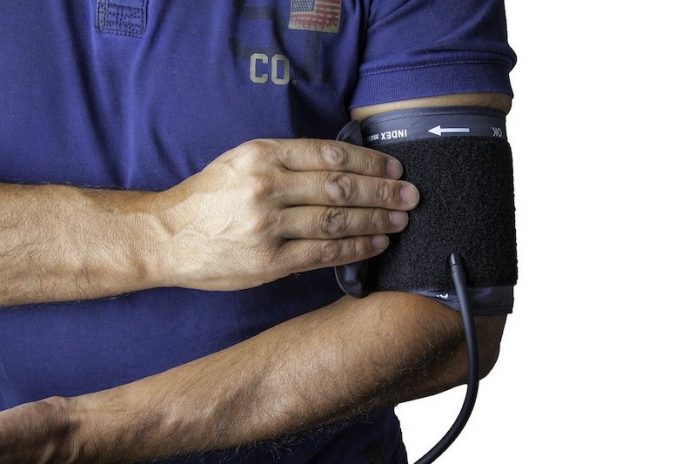
In a new study, researchers found that office workers who spend long hours on the job are more likely to have high blood pressure, including a type that can go undetected during a routine medical appointment.
The research was conducted by a Canadian research team.
High blood pressure affects nearly half of Americans ages 18 and older and is a primary factor in more than 82,000 deaths per year.
Approximately 15-30% of U.S. adults have a type of condition called masked hypertension, meaning their high blood pressure readings are normal during health care visits but elevated when measured elsewhere.
In the study, the team examined more than 3,500 white-collar employees at three public institutions in Quebec.
These institutions generally provide insurance services to the general population. Compared with colleagues who worked fewer than 35 hours a week:
Working 49 or more hours each week was linked to a 70% greater likelihood of having masked hypertension and a 66% greater likelihood of having sustained hypertension– elevated blood pressure readings in and out of a clinical setting.
Working between 41 and 48 hours each week was linked to a 54% greater likelihood of having masked hypertension and a 42% greater likelihood of having sustained hypertension.
The team says both masked and sustained high blood pressure is linked to higher cardiovascular disease risk.
The observed associations accounted for job strain, a work stressor defined as a combination of high work demands and low decision-making authority. However, other related stressors might have an impact
Future research could examine whether family responsibilities – such as a worker’s number of children, household duties and childcare role – might interact with work circumstances to explain high blood pressure.
People should be aware that long work hours might affect their heart health, and if they’re working long hours, they should ask their doctors about checking their blood pressure over time with a wearable monitor.
The lead author of the study is Xavier Trudel, Ph.D., an assistant professor in the social and preventive medicine department at Laval University in Quebec, Canada.
The study is published in the American Heart Association’s journal Hypertension.
Copyright © 2019 Knowridge Science Report. All rights reserved.



